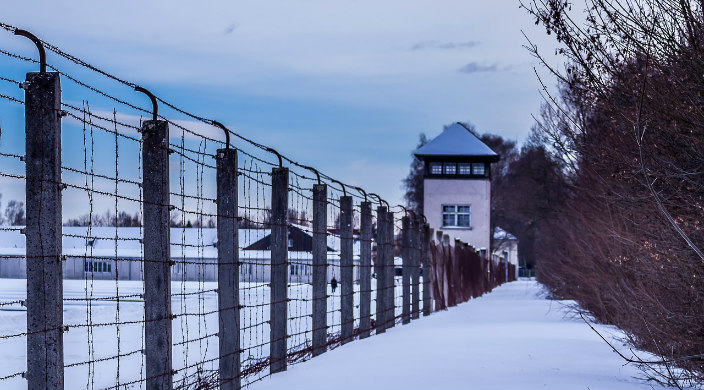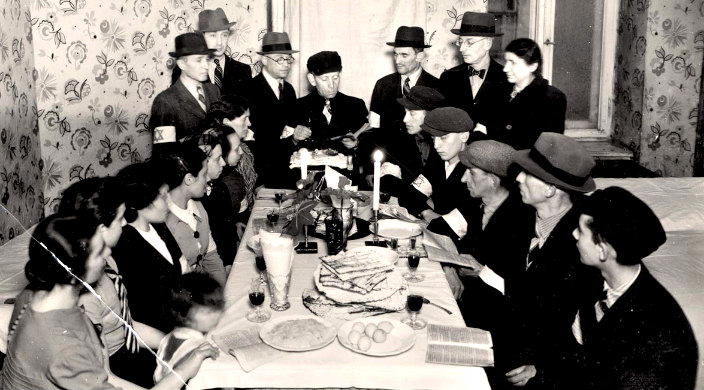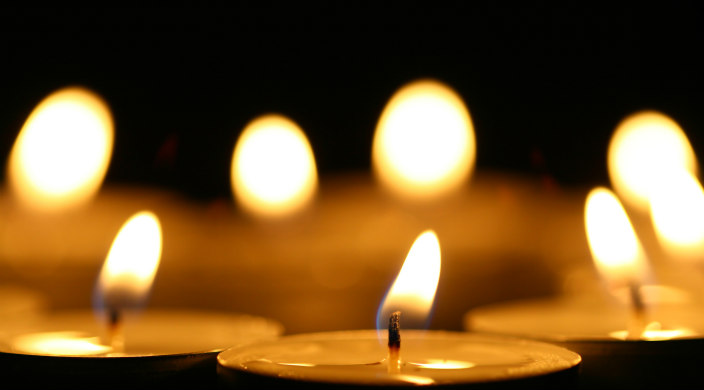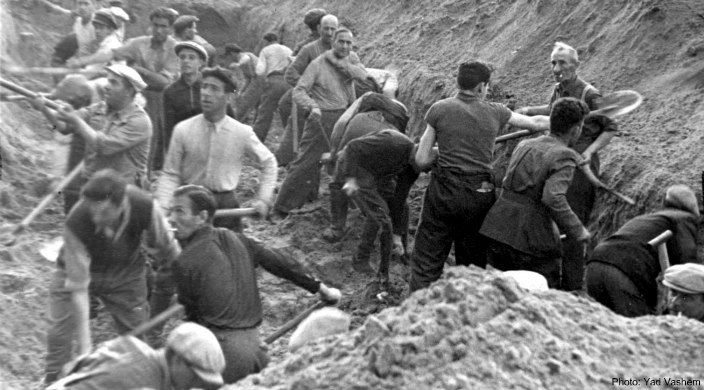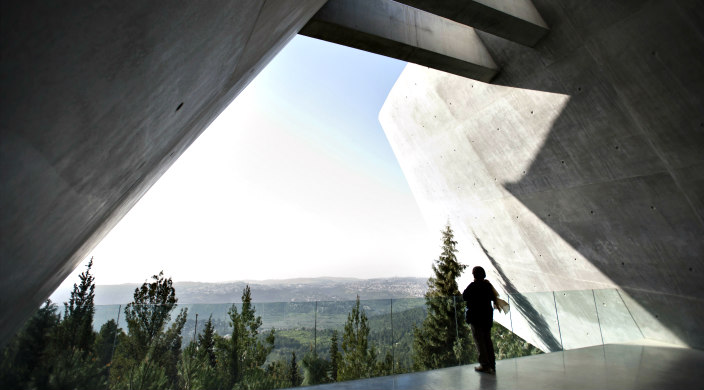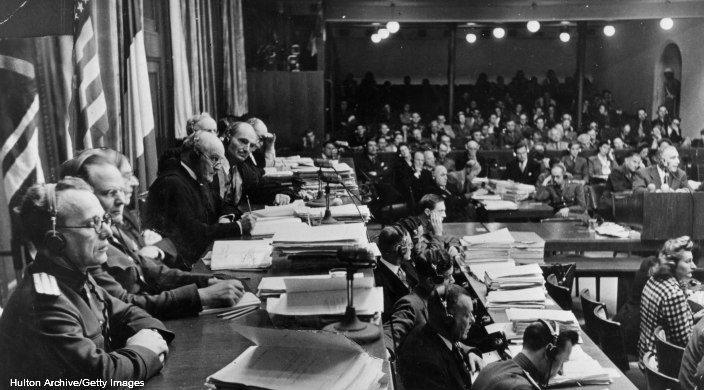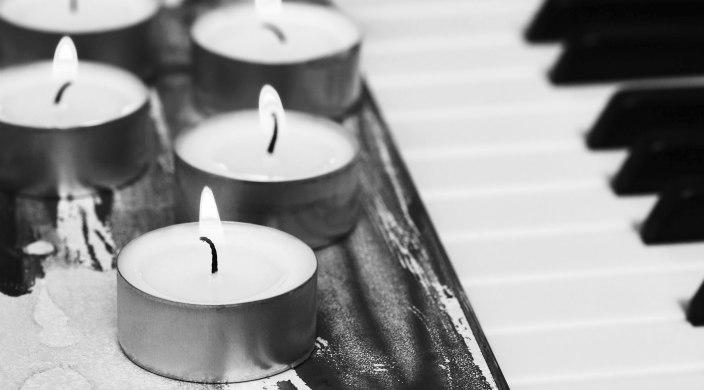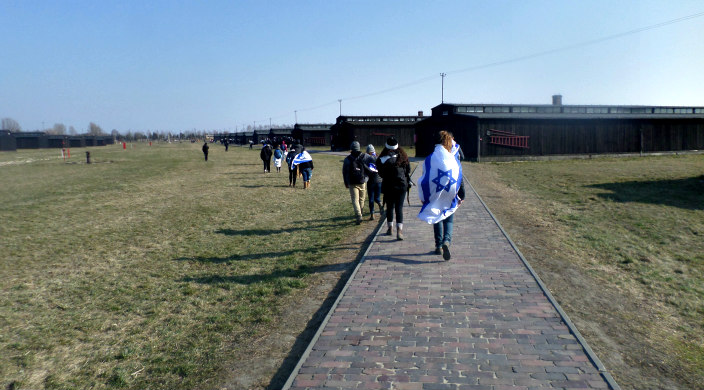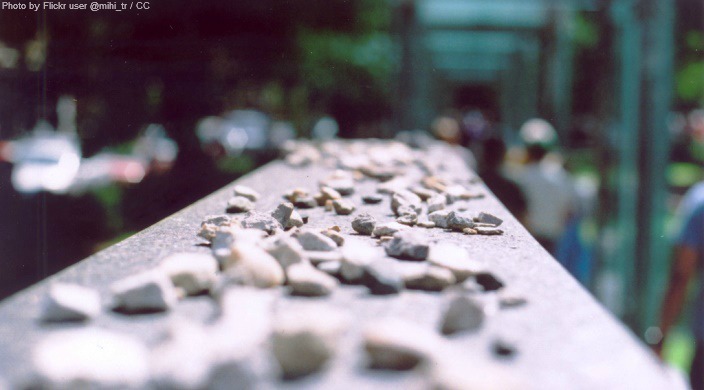Know Before Whom You Stand: A Poem for the 6 Million
This poem reflects the intensity of bearing witness at Majdanek, the Nazi extermination camp located in Lublin. The title, “Know Before Whom You Stand,” is a phrase that often appears above the Ark in the sanctuary of the synagogue.
